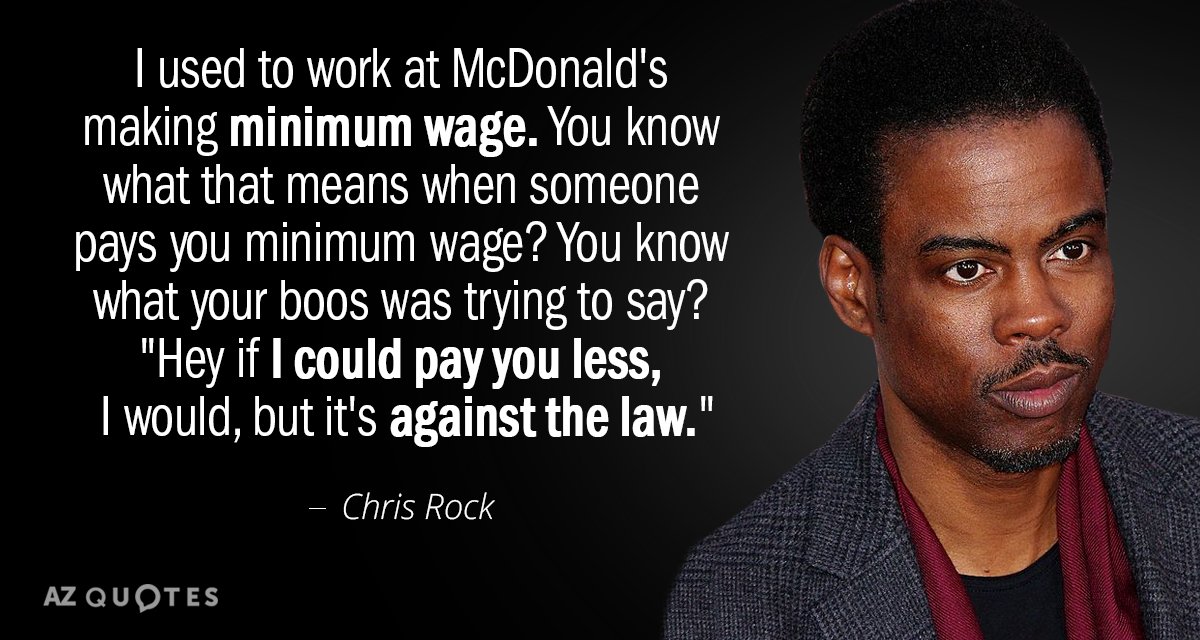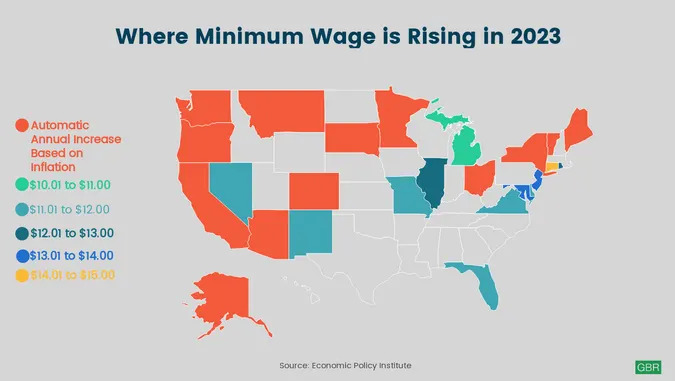I disagree. A retired friend of mind drove or Uber, was exploited, got a hold of one of the executives via linked in, and she told him that the pay policy was 'as little as the drivers would accept'. He signed on as party to two class action suits over compensation issues, and a couple of years later got a total of $27,000 as his share of damages. I do not know what the particulars are, but I suspect the lady's statement of her policy didn't help their lawsuit. Anyway, in CA it resulted in Prop 22, which now compensates drives for their health insurance expense (makes a big contribution if it's not medicare or another employee plan) and adds a 30cent per mile fee, both of which they did not do prior to the proposition. Who knows how many other corporations exploit? They are out there, no doubt.
People in their employment have a reasonable expectation to not be exploited, or forced to be put into a position where they only way they can get a pay raise is to quit. Your attitude stems from a neoliberal/libertarian pro-corporation exploitation policy point ov view which, in a civilized society, does not belong.
Inflation has one ultimate cause, federal reserve monetary policy (quantitative easing, and it's siblings, mostly) where the money supply increases at a rate faster than GDP can absorb the increase resulting in a scenario where too many dollars are chasing too few goods and services. Without that underlying cause, all that remains are temporal ups and downs caused by supply/demand and supply chain logistics, which aren't enough, normally, to result in a long term rising trend. The rising trend is what inflation is, and that is a monetary phenomenon. True, physical issues can last a long time, but it doesn't change the principle.
That was my recollection, subject to confirmation.
Unions, make mistakes, of course, but it doesn't change the principle of unionism being a worthy thing.
A company can relocate, of course, but I favor legislation to disallow shipping jobs overseas, unless the foreign operation is selling to markets in the foreign location. If it becomes critical for a company to survive (due to foreign competition), I favor legislation for the creation of a process of some kind to apply for the gov to create a tariff to protect a specific industry (but only on retail manufactured products, tariffs on raw materials hurt everyone).
Well, I haven't had a union job in 50 years, so, my experience and knowledge is subject to confirmation. I think more corporations are exploiting workers more than you might believe. Just an inclination. Not long ago, Walmart had a food drive for it's employees, because the employees (Canton, Ohio, I believe it was) couldn't afford food. Now, if employees aren't being paid enough and they apply for food stamps, the taxpayer funds paid to those food stamps are, in essence, welfare for the corporation, who should have been paying them enough to eat in the first place.


